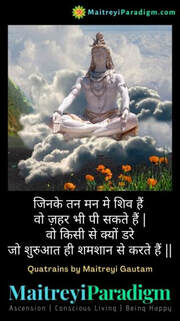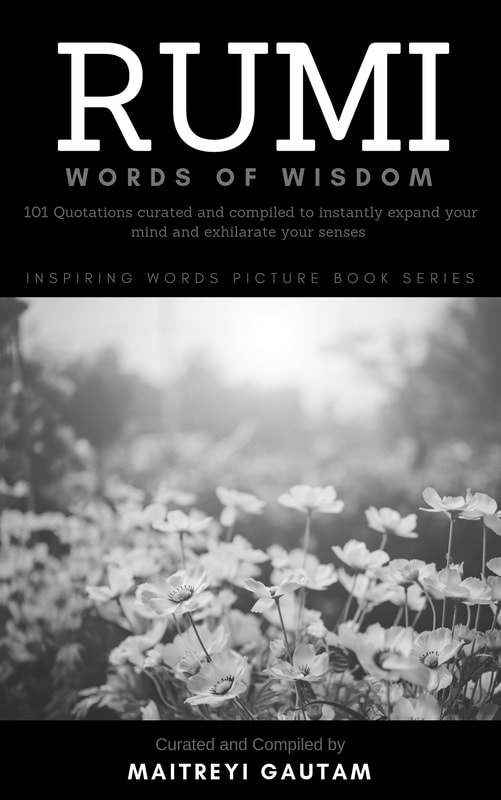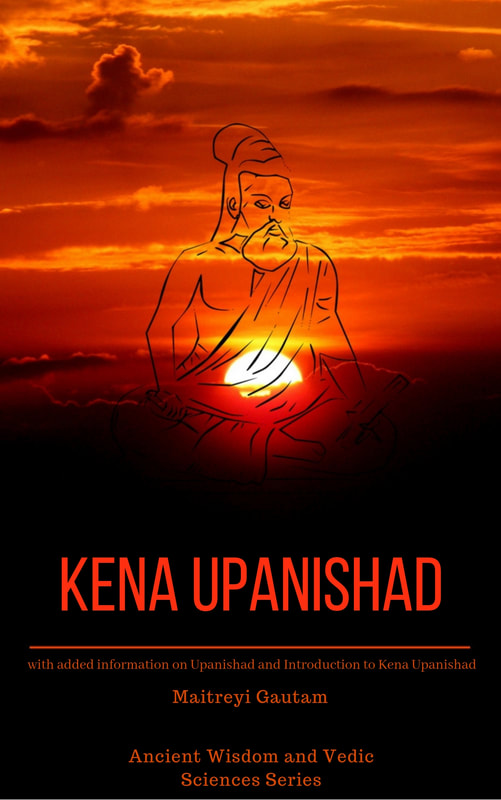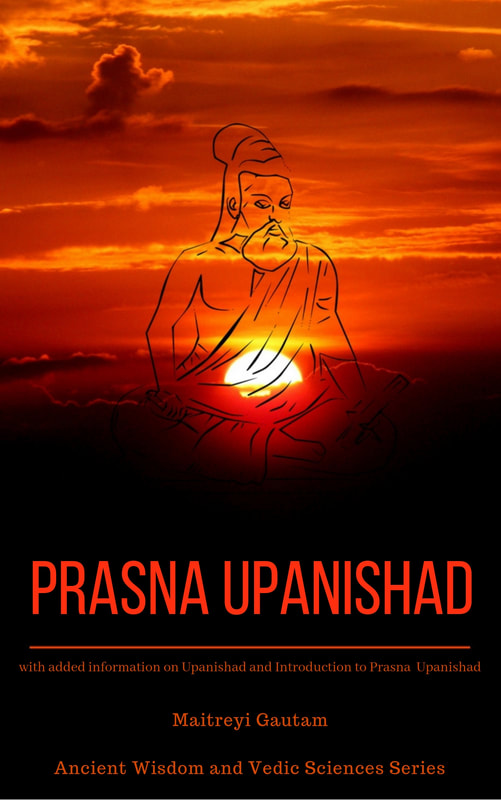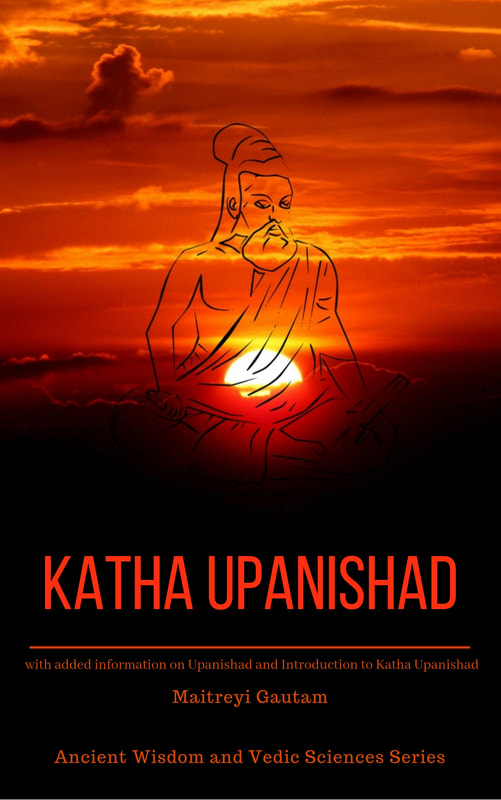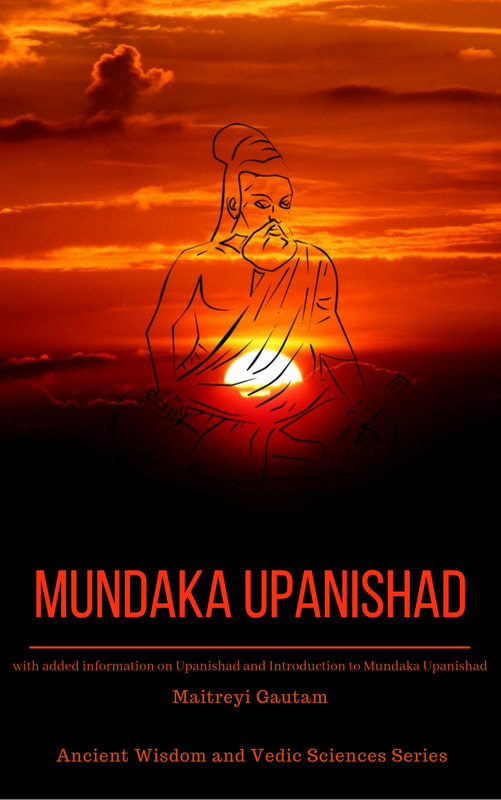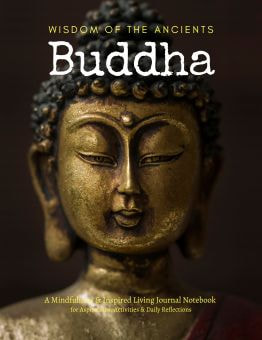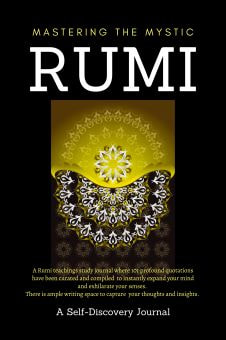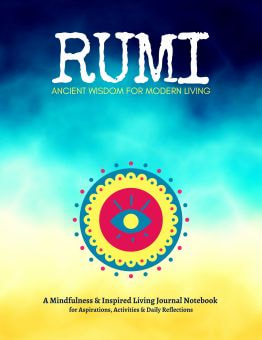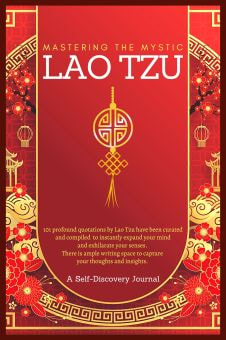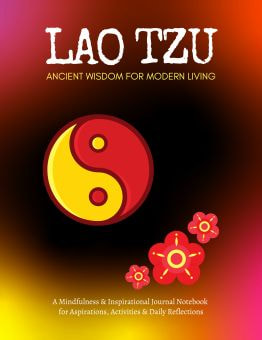Hariyali Teej, also simply known as Teej, is a Hindu festival celebrated primarily by women in North India. "Hariyali" translates to "greenery," and the festival is observed during the monsoon season, symbolizing the bounty of nature, greenery, and renewal. It typically falls on the third day of the waxing moon (Shukla Paksha Tritiya) in the Hindu month of Shravana.
Here's a look at the significance of Hariyali Teej:
In essence, Hariyali Teej is a beautiful amalgamation of nature's celebration and the commemoration of divine love between Shiva and Parvati. It emphasizes the themes of devotion, love, and the cyclical rejuvenation of nature.
Here's a look at the significance of Hariyali Teej:
- Celebration of Nature's Bounty: As the name suggests, Hariyali Teej is a celebration of the greenery and abundance brought about by the monsoons. The festival marks the revival of nature after the scorching summer heat.
- Dedication to Goddess Parvati and Lord Shiva: Hariyali Teej commemorates the reunion of Goddess Parvati with Lord Shiva. It's believed that Goddess Parvati fasted and prayed fervently for many years to win Lord Shiva's heart. Finally, on this day, Lord Shiva accepted her as his consort. Women observe fasts and pray to Goddess Parvati for marital bliss and the well-being of their husbands.
- Celebration of Womanhood: The festival is a unique celebration of womanhood. Women dress up in vibrant clothes, often green, representing the festival's theme of greenery. They adorn themselves with jewelry and apply henna (mehndi) on their hands. Swings are set up in courtyards and gardens, and women sing traditional songs while swinging, symbolizing playful joy and happiness.
- Fasting and Rituals: Many married and unmarried women observe a fast on this day. They refrain from food and, in some cases, water, praying for the longevity and well-being of their husbands or future husbands. In the evening, they listen to the Teej Vrat Katha, a narrative describing the significance of the fast and the legend of Shiva and Parvati.
- Socio-Cultural Gatherings: Hariyali Teej is not just a religious event but also a significant socio-cultural occasion. Women gather, exchange gifts, sing traditional songs, and dance. In certain regions, processions are taken out with the idol of Goddess Parvati, and fairs are organized.
- Symbol of Love and Sacrifice: Hariyali Teej represents the love and sacrifice of Goddess Parvati for Lord Shiva. It signifies the devotion and commitment required to maintain the sanctity of a relationship. Women observe the rituals and fasts as an expression of their love and dedication to their partners.
In essence, Hariyali Teej is a beautiful amalgamation of nature's celebration and the commemoration of divine love between Shiva and Parvati. It emphasizes the themes of devotion, love, and the cyclical rejuvenation of nature.



